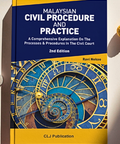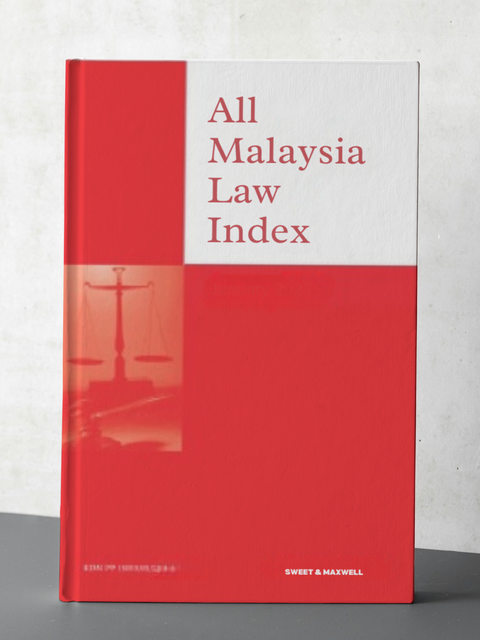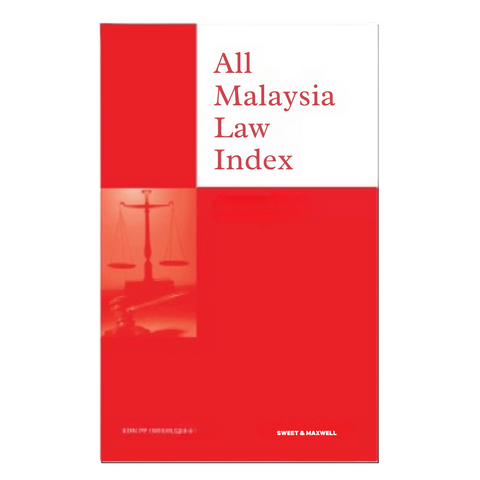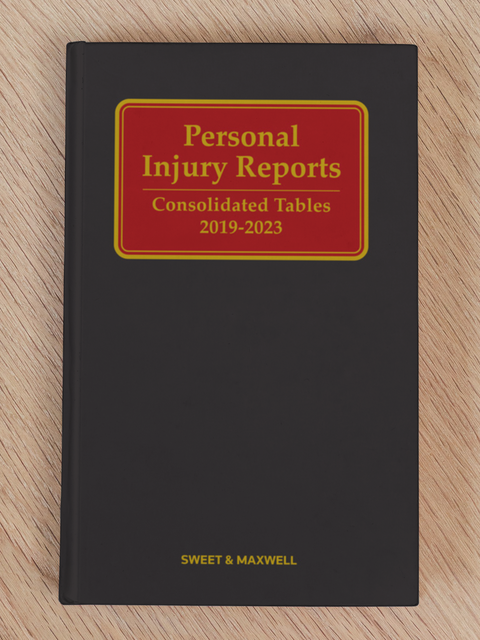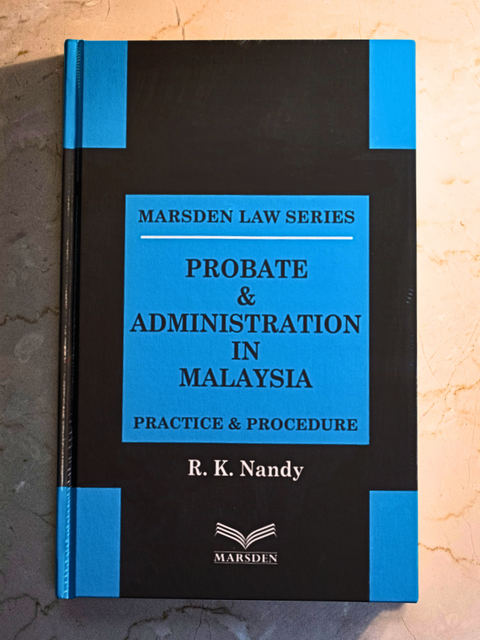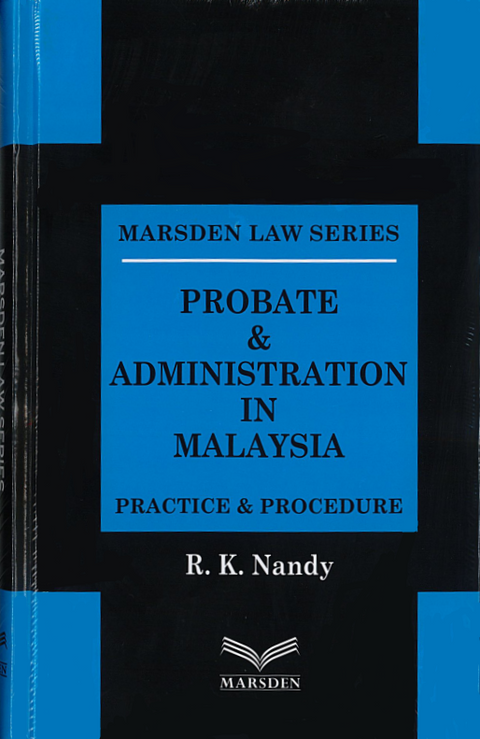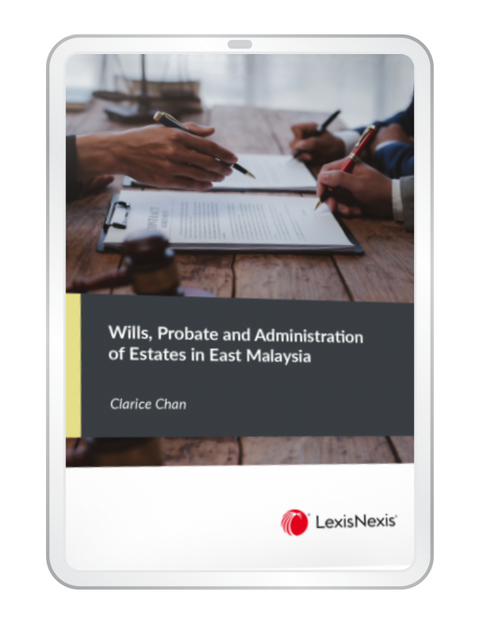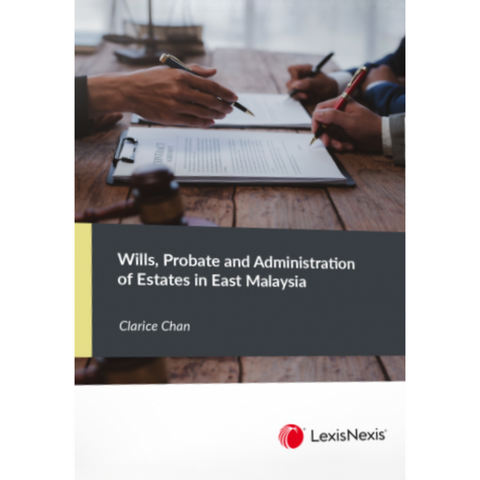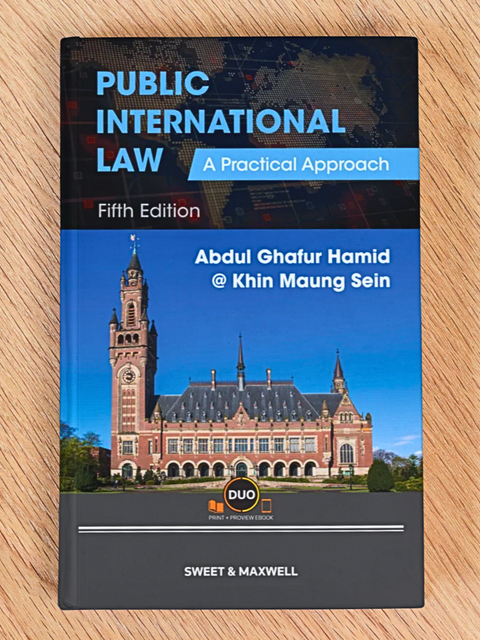![Insolvency Act 1967 (Act 360) & Rules [As At 20th November 2023]](http://www.joshualegalartgallery.com/cdn/shop/files/TemplateActnew_12.png?v=1708392513&width=480)
![Insolvency Act 1967 (Act 360) & Rules [As At 20th November 2023]](http://www.joshualegalartgallery.com/cdn/shop/files/Screenshot2023-12-15161236.png?v=1708392513&width=480)
![Insolvency Act 1967 (Act 360) & Rules [As At 20th November 2023]](http://www.joshualegalartgallery.com/cdn/shop/files/Screenshot2023-12-15161352.png?v=1708392513&width=480)
![Insolvency Act 1967 (Act 360) & Rules [As At 20th November 2023]](http://www.joshualegalartgallery.com/cdn/shop/files/cup_0590ef9e-9c74-4c3d-9298-373d6f91e9ce.jpg?v=1708392513&width=480)
![Insolvency Act 1967 (Act 360) & Rules [As At 20th November 2023]](http://www.joshualegalartgallery.com/cdn/shop/files/Untitleddesign_17_b11dd1c9-9ca2-462b-9ff8-4f9ef68f587c.png?v=1708392536&width=480)
Insolvency Act 1967 (Act 360) & Rules [As At 20th November 2023]
Insolvency Act 1967 (Act 360)
An Act relating to the insolvency and bankruptcy of an individual and a firm and for connected matters.
Detailed Contents Of Insolvency Act 1967 (Act 360) :
The Insolvency Act 1967 (Act 360) is a law in Malaysia that governs the procedures and processes related to insolvency and bankruptcy. It was enacted to provide for the protection of creditors and debtors, and to facilitate the orderly distribution of assets in cases of insolvency or bankruptcy.
The Act contains provisions for the following:
-
Voluntary Arrangements - The Act provides for debtors to enter into voluntary arrangements with their creditors to pay off their debts. The arrangement must be approved by at least three-quarters of the creditors by value of the debt.
-
Bankruptcy - The Act allows creditors to file a bankruptcy petition against a debtor who is unable to pay their debts. The debtor must owe at least RM50,000 in debts, and the creditor must be able to prove that the debtor is unable to pay their debts.
-
Receivership - The Act provides for the appointment of a receiver to manage the affairs of a company that is unable to pay its debts. The receiver is responsible for collecting the company's assets and distributing them to its creditors.
-
Winding-Up - The Act provides for the winding-up of companies that are unable to pay their debts or are no longer viable. The winding-up process involves the liquidation of the company's assets and the distribution of the proceeds to its creditors.
In addition to the provisions outlined above, the Insolvency Act 1967 also sets out rules and regulations for the following:
-
Proof of Debt - The Act provides for the submission of proof of debt by creditors. Creditors must provide evidence of the debts they are owed, and the proof of debt must be verified by an officer of the court.
-
Preferential Claims - The Act provides for the priority of certain claims in the distribution of assets. These include claims for employee wages and other statutory payments.
-
Meetings of Creditors - The Act provides for meetings of creditors to be held to discuss the affairs of the debtor. The meetings must be chaired by an officer of the court, and decisions must be made by a majority of the creditors present.
-
Appeals - The Act provides for the right of appeal for creditors, debtors, and other parties affected by insolvency proceedings. Appeals may be made to the High Court.
Overall, the Insolvency Act 1967 (Act 360) is an important piece of legislation in Malaysia that provides for the orderly resolution of insolvency and bankruptcy cases. Its provisions and rules are designed to protect the interests of both creditors and debtors, and to ensure that assets are distributed fairly and efficiently.
Insolvency Act 1967 (Act 360) Contains:
Insolvency Rules 2017
Insolvency (Voluntary Arrangement) Rules 2017
Insolvency (Costs) Rules 1969
Insolvency (Fees) Rules 1969
Latest releases
Get your copy today!


